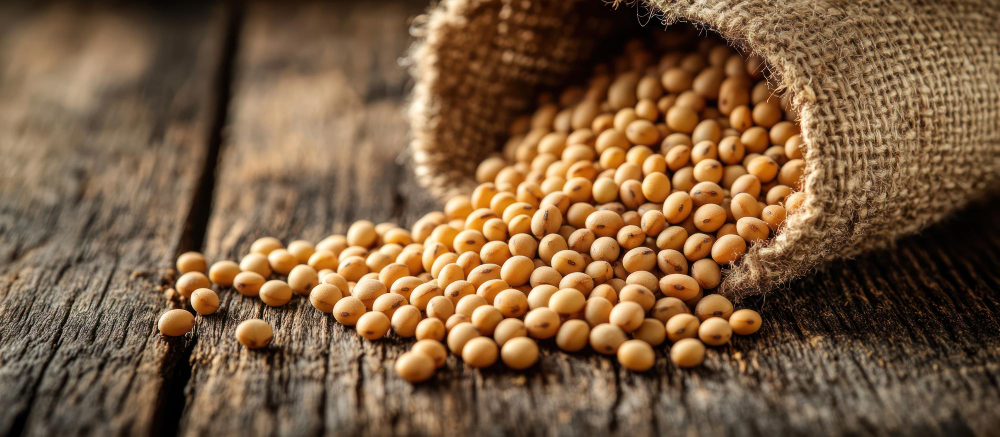Summary
The easing of trade tensions between China, the US, and Canada has brought fresh optimism to global agriculture markets, particularly for soybean and pulse farmers. Meanwhile, India’s strategic move to reimpose import duties on yellow peas aims to safeguard its domestic pulse farmers from cheap imports. Together, these developments mark a pivotal moment for farmers across continents navigating evolving trade dynamics.
US-China Soybean Trade: Renewed Hopes for Farmers
Focus keywords: US-China trade, soybean prices, Canada-China relations, yellow peas import, Indian farmers
US-China Trade Agreement Boosts Soybean Prices
The recent thaw in US-China trade relations has brought relief to American farmers. After months of inactivity, China signed a one-year agreement with the US, which led to the purchase of two soybean shipments—sending prices soaring to over $11 a bushel, the highest in more than a year.
The pact also included tariff adjustments: the US reduced its overall tariffs on China from 57% to 47%, while cutting the additional 20% levy on fentanyl to 10%. Meanwhile, China agreed to relax restrictions on rare mineral exports. The deal followed a high-profile meeting between US President Donald Trump and Chinese President Xi Jinping in Busan, South Korea.
Although both nations have achieved short-term wins, the long-term outcome will depend on the durability of their diplomatic relations and possibly on the ongoing TikTok sale negotiations.
Canada-China Relations Show Signs of Improvement
In a parallel development, Canada-China relations also witnessed a positive turn. Canadian Prime Minister Mark Carney met President Xi Jinping in Busan to discuss key trade and agricultural issues. This meeting signals a major shift as Canada looks to rebuild ties after a prolonged diplomatic freeze.
Canadian farmers, particularly those affected by tariffs on electric vehicles (EVs), have been vocal about their concerns. They argue that agricultural producers should not bear the cost of protecting unrelated industries. With the EV tariff review underway, farmer associations are pushing for significant reductions.
US and Canadian Farmers Seek Economic Relief
For both the US and Canada, the warming of trade ties with China comes at a critical time. American soybean growers—many of whom have been long-time supporters of President Trump—were growing increasingly restless as export opportunities shrank. The US government had even considered tapping a $3 billion depression-era fund for emergency agricultural aid while offering a $20 billion relief package to Argentina, which frustrated local farmers further.
These developments underline how trade diplomacy remains central to stabilizing agricultural markets and protecting farmer interests.
India’s Strategic Move to Protect Its Farmers
In Asia, India’s decision on yellow peas import has been equally significant. The government reimposed a 10% customs duty and a 20% Agriculture Infrastructure Development Cess on yellow pea imports effective November 1. This move aims to shield Indian farmers from cheaper imports coming from Canada and Russia, which have been driving down pulse prices globally.
As the kharif harvest reaches markets, this decision provides much-needed price support—particularly as current pulse prices are about ₹10,000 per tonne below the government’s minimum support price.
Market analysts believe the duty reinstatement will help stabilize domestic pulse prices, with immediate effects already visible: Canadian exporters lowered prices by $5 per tonne to $340, while Russia and Ukraine maintained their offers at $320 per tonne.
Conclusion
The synchronized actions of the US, Canada, and India reflect a broader realignment in global agri-trade policy. From soybean price recovery in North America to pulse market protection in India, governments are taking decisive measures to secure their farmers’ livelihoods amid fluctuating global trade relations. The months ahead will reveal whether these strategic decisions can ensure long-term market stability for global agriculture
